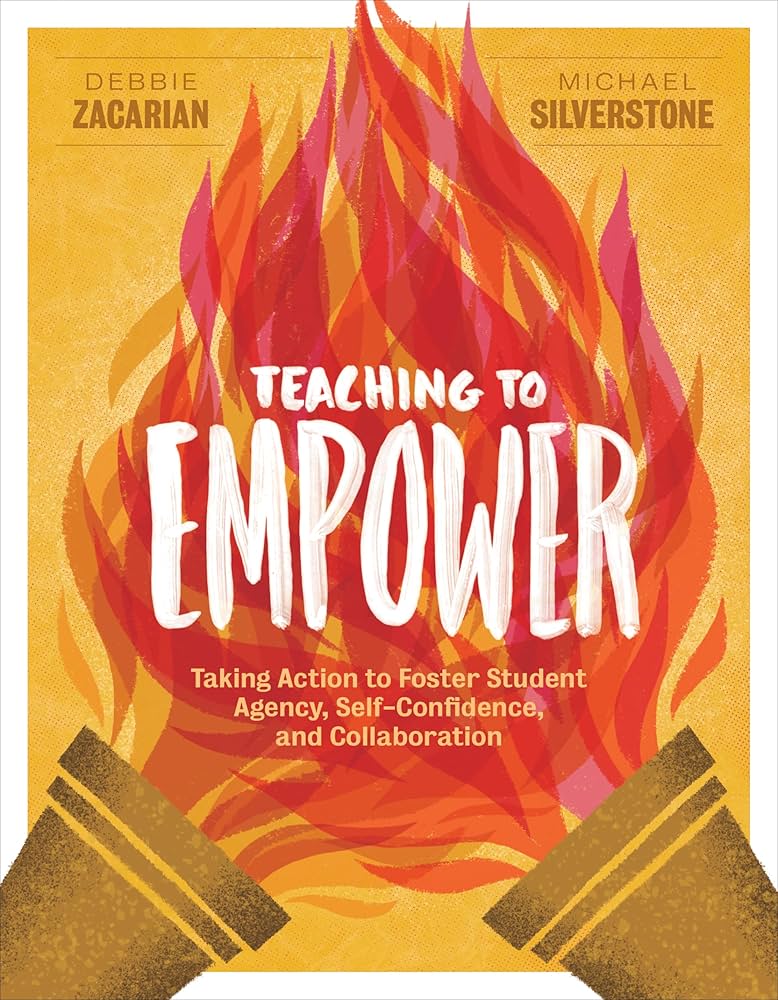
One of the most valuable lessons I have learned in tutoring is that success is rarely about the content alone. While the curriculum and subject knowledge are, of course, essential, the real foundation of effective tutoring lies in building a student’s confidence. When students feel capable and safe to take risks, they engage more openly with the material, ask better questions, and persist through challenges, and are less likely to shut off, and instead persist and enjoy mathematics..
I observed this recently during a mathematics session with a Year 11 student who had always described themselves as “bad at maths.” They had come off a bad run of marks from exams. The problem wasn’t exclusively their ability, but their mindset was ultimately hindering any progress. Each time they encountered a difficult step, they would stop before even attempting a solution, convinced they would fail. They would simply leave the problem as is, without trying different potential methods and breaking down the question. Rather than diving straight into the formulas, I paused and reframed the session. Together, we celebrated small wins, such as setting up an equation correctly, even if the solution wasn’t perfect, as long as it made progress towards the final solution. By shifting the emphasis away from being “right” and toward making progress, the student began to engage more willingly. By the end of the session, their confidence had grown to the point where they attempted questions independently, something they had previously avoided.
This experience reaffirmed a principle often overlooked in education: strategy matters as much as knowledge. A tutor who can patiently scaffold learning, encourage incremental steps, and provide reassurance often unlocks potential that might remain hidden in a purely exam-focused environment. The best tutor’s don’t necessarily understand everything, they instead have the ability to get the students to become confident, and get their full potential out of them.
Ultimately, tutoring is about more than delivering content. It is about fostering resilience, curiosity, and the belief that improvement is possible. When students leave a session not just knowing more, but also believing more in themselves, the impact extends far beyond the classroom.
Samin Hossain

